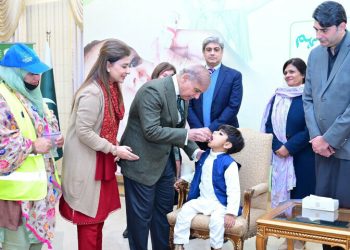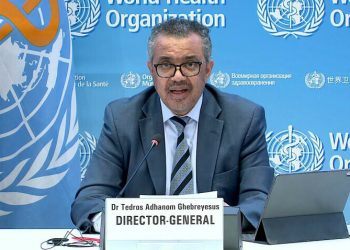Around one in every six adults experiences infertility, the World Health Organization (WHO) estimated Tuesday as it called for an urgent increase in access to fertility care.
The WHO determined that around 17.5 percent of adults worldwide are affected by infertility at some point, and found little variation between regions and wealthy and poorer countries.
“Globally, an estimated one out of every six people are affected by the inability to have a child at some point in their life,” WHO chief Tedros Adhanom Ghebreyesus said in the foreword to a fresh report on the issue.
“This is regardless of where they live and what resources they have.”
Across their lifetime, 17.8 percent of adults in high-income countries and 16.5 percent in low- and middle income countries were affected by infertility, it found.
Tedros said the report – the first of its kind in a decade – revealed “an important truth: infertility does not discriminate.”
The WHO designated the issue a “major health challenge globally”, but stressed the difficulty of comparing the situation in various regions due to a lack of data from a number of countries.
Jury still out
Infertility is classified as a disease of the male or female reproductive system defined by the failure to achieve a pregnancy after 12 months or more of regular unprotected sexual intercourse.
Tuesday’s report did not examine the causes of infertility, and did not seek to determine trends over time, or infertility differences between the sexes.
Instead, it provided a first estimate of the global and regional prevalency after experts ploughed through piles of studies conducted around the world between 1990 and 2021.
The WHO warned that there were significant variations in the data gathered, including some countries only including adults up to a certain age, and others with no age cut-off, insisting on the need for better data.
“We cannot, based on the data we have, say that infertility is increasing or constant… The jury’s still out on that question,” James Kiarie, head of the WHO’s Contraception and Fertility Care unit, told reporters.
Tedros agreed.
















































